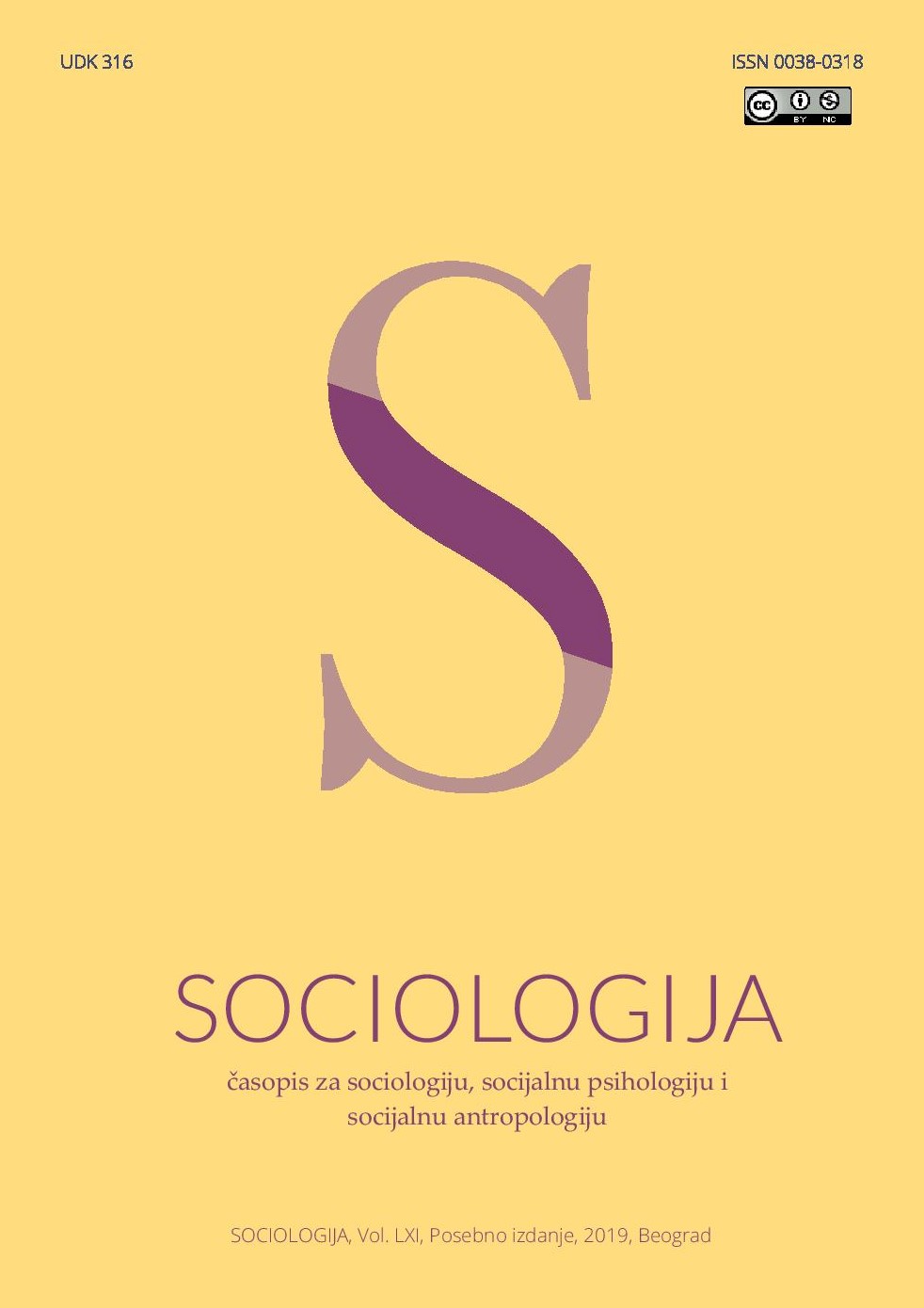Dijaspora i savremeni svet – potreba za promenom pristupa proučavanja
Diaspora and Contemporary World – the Need to Change Study Approach
Author(s): Milica Z. Vesković AnđelkovićSubject(s): Social Sciences, Sociology, Social Theory, Migration Studies
Published by: Sociološko naučno društvo Srbije
Keywords: diaspora; hybrid identities; transnatonal networks; human and social capital; state policy
Summary/Abstract: Diaspora phenomena, it’s characteristics and functions, were changing in a resent decade along with momentum of globalization notably. This requires new research approaches. Unlike a previous period when migrants visited their homelands rarely or never, they came more often today. They contact with friends and family nearly every day. Because of that, relationships besides members of diaspora and their Motherland is changed. Communications besides migrants and nonmigrants in the homeland make transnational networks which enable that migrants investing their resources without need for return and has a big potential for a Motherland’s prosperity. Intensivity of migrations in a every part of the world have impact to expanding migrants social networks (social capital become bigger) and acquiring a new knowledge (their human capital became bigger). That is reason for interest of policy makers became greather for human and social capital although it was only for monetary remittance earlier. New knowledge and technology application together with consultation with experts all around the world are available for the Motherland because diasporas social capital. They could be very important resource for its economically, cultural and social prosperity. However, it’s important to know that interaction with a people with a different culture has impact to change and experience of personal identity by migrants. That requires modification of earlier understanding identity members of diaspora. Theirs identity had a core in a national identity earlier, but today it has a form of hybridity. In a meso level, respecting by Motherland perspective, that’s mean that national identity doesn’t main motive for diaspora investing anymore and that’s important to make a new stimulating migration policy. Therefore, the goal of this paper is to point diaspora phenomena changing – change resources and influence to the Motherland. As a first, the emphasis is on transnational networks which change communication mode and relationship members of diaspora and Motherland, but they have impact to growth of social capital of migrants which could be invested in homeland potentially. These networks enable easier to acquire a knowledge and it’s transfer. That is why human capital become more readily available for the Motherland. But, hybrid diaspora identity must be motive for change state diaspora policy which was based in an emotional component of national identity. They must change in way of making a more favorable structural conditions for diaspora investment which is a preconditions to attracting human and social capital of diaspora that could have a big impact to the Motherland’s progress.
Journal: Sociologija
- Issue Year: 61/2019
- Issue No: 5
- Page Range: 655-675
- Page Count: 21
- Language: Serbian

